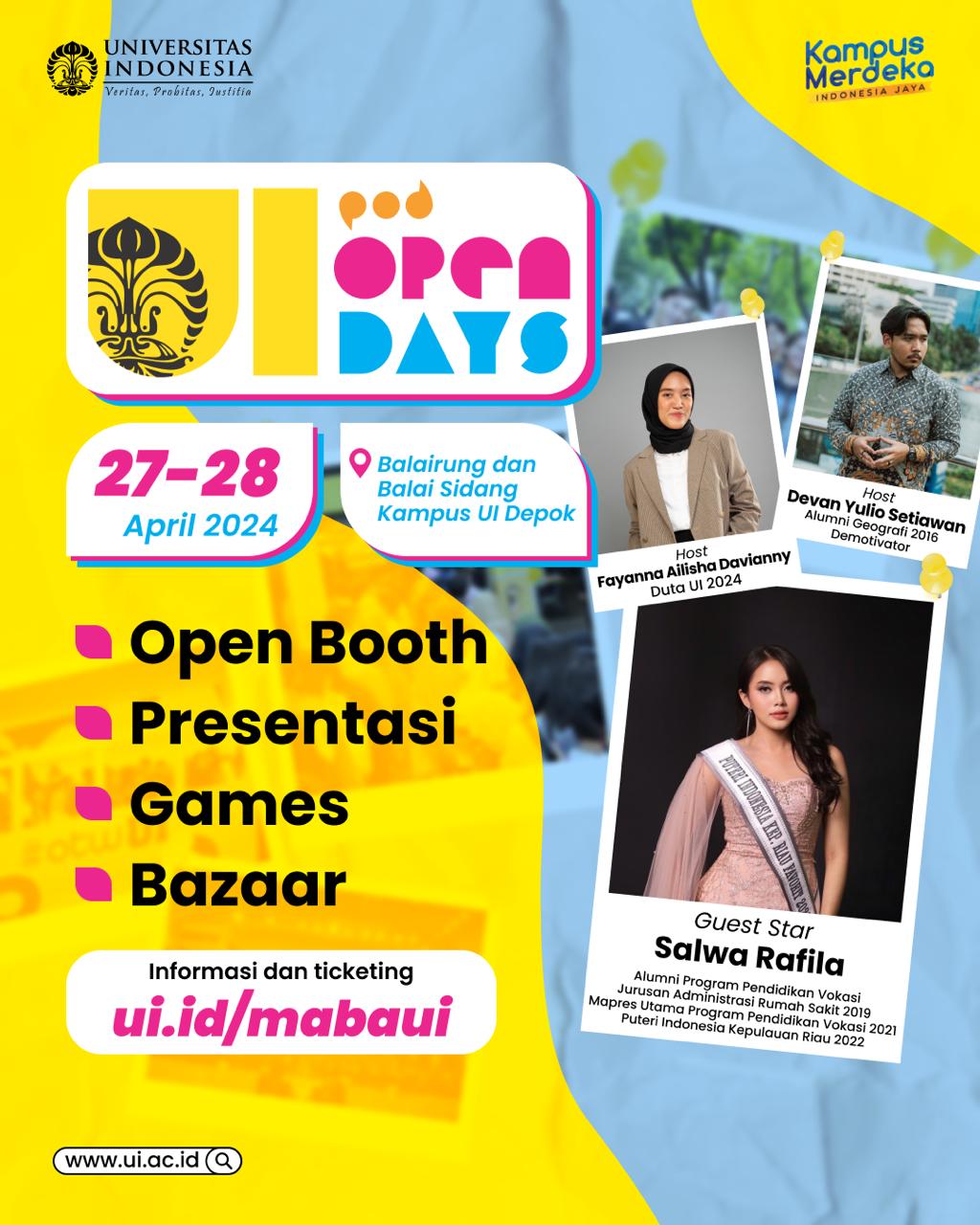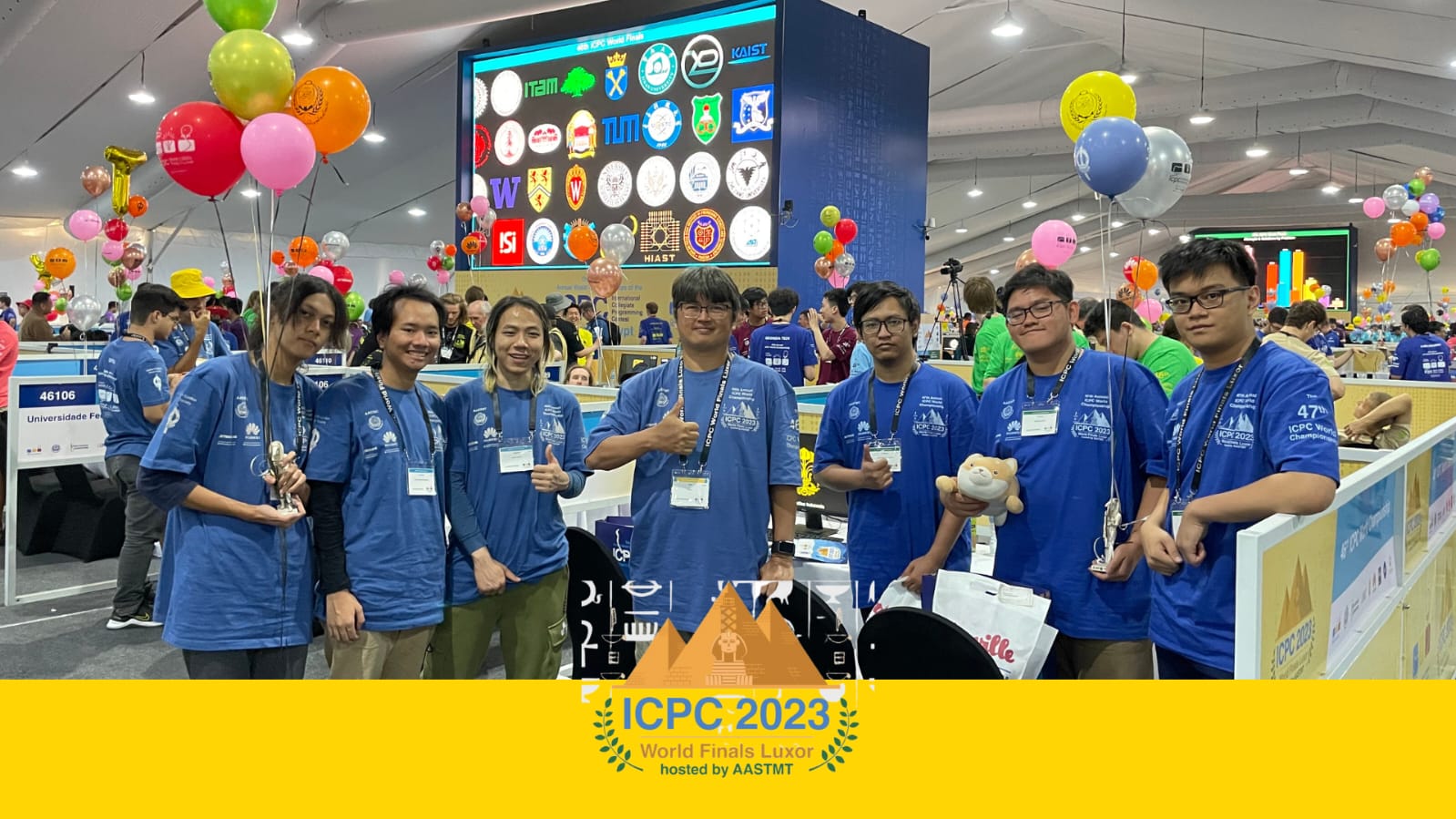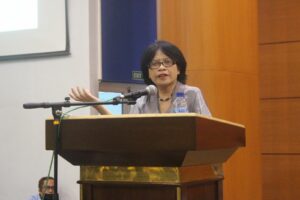
“Becoming an adult is a big challenge that needs to be faced by today’s young generation. Perseverance and patience are two key factors driving one’s success in facing problems in the fast-paced digital era,” said Clinical Psychology Lecturer Prof. Dr. Elizabeth Kristi Poerwandari, M.Hum., Psychologist.
According to her, technological advances have led to significant differences in the challenges faced by the previous generation and the current young generation. The growing internet makes all activities easy, for example when looking for references for coursework, students easily access, read, and copy journals from anywhere without the need to be physically present in the library. On the one hand, this is beneficial, but on the other hand, it can be dangerous if not utilized properly.
The development of the internet is changing human behavior. It becomes difficult for a person to be patient and diligent because they are used to getting everything quickly. The easy accessibility of social media also makes competition high as people tend to compare themselves with others. If a person does something that does not conform to social norms, they will experience cancel culture, which is a culture of disapproval, rejection, or mass boycott when a person is excluded from social circles, whether in social media, the real world, or both.
In this situation, the social support that emerges will be different. It is difficult for a person to make friends, and it is easy to feel lonely because they rarely meet other people in person. Online conversations have a different depth, making it difficult to fulfill the needs of the relationship. “Loneliness affects a person in knowing himself well. In fact, to be an adult, a person must know himself to know what he needs and wants. The challenges faced by young people today are greater because they are further away from natural things,” said Prof. Kristi.
Therefore, she said, face-to-face learning needs to be done even though the world has been facilitated by internet access. Relationships are important especially for young people. Although not entirely offline, face-to-face is still necessary as it provides an opportunity for one to socialize. Face-to-face and online learning can be done with a ratio of 50:50 or 60:40 so that learning efficiency can be obtained, and student stress levels can be reduced, she said at the first face-to-face lecture held by Faculty of Psychology, Universitas Indonesia (FPSi UI), at the Auditorium of Building H FPSi UI, Depok, Monday (29/8).
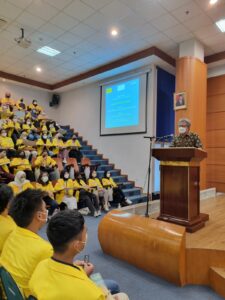
Dean of FPsi UI Dr. Bagus Takwin, M.Hum. positively welcomed the lecture activities that began to run offline. According to Dr. Bagus, face-to-face lecture activities indicate that UI and Indonesia have successfully faced various obstacles in the Covid-19 pandemic for more than two years.
“The entire UI Psychology academic community is very enthusiastic and eager to participate in offline learning activities. Students who attend must be in good physical and psychological health. We plan to periodically evaluate this face-to-face lecture activity. Hopefully, the evaluation results are good so that lectures can be held completely offline,” said the Dean of FPsi who is also the author of Ruwita’s book.
The two-hour public lecture was done in order and conducive by applying health protocols in place. A total of 229 new students of class 2022 who wore yellow jackets (jakun) with light blue Makara (badge), listened to the material presentation and actively asked questions in the discussion guided by Wuri Prasetyawati, M.Psi., Ph.D., Psychologist. The atmosphere of the 2022/2023 academic year lectures is now starting to return to normal, not only in FPsi, but also in all faculties, schools, and educational programs at UI.
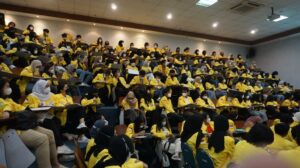
One of the F.Psi UI students of class of 2022, Jonathan Sabita, admitted that he was happy to be able to attend the first day of face-to-face lectures. According to Jonathan, there are significant differences between offline and online lectures, one of which is that students can respect lecturers more when speaking. “I am very happy to be able to experience face-to-face lectures. Previously, based on my experience during online learning in high school, there were some students who turned off the camera. This certainly shows the attitude of students who indirectly do not respect the existence of the teacher. I hope that with this face-to-face learning, the relationship between students and lecturers can be well established so that the learning can be conducted smoothly and more effectively,” said Jonathan.

